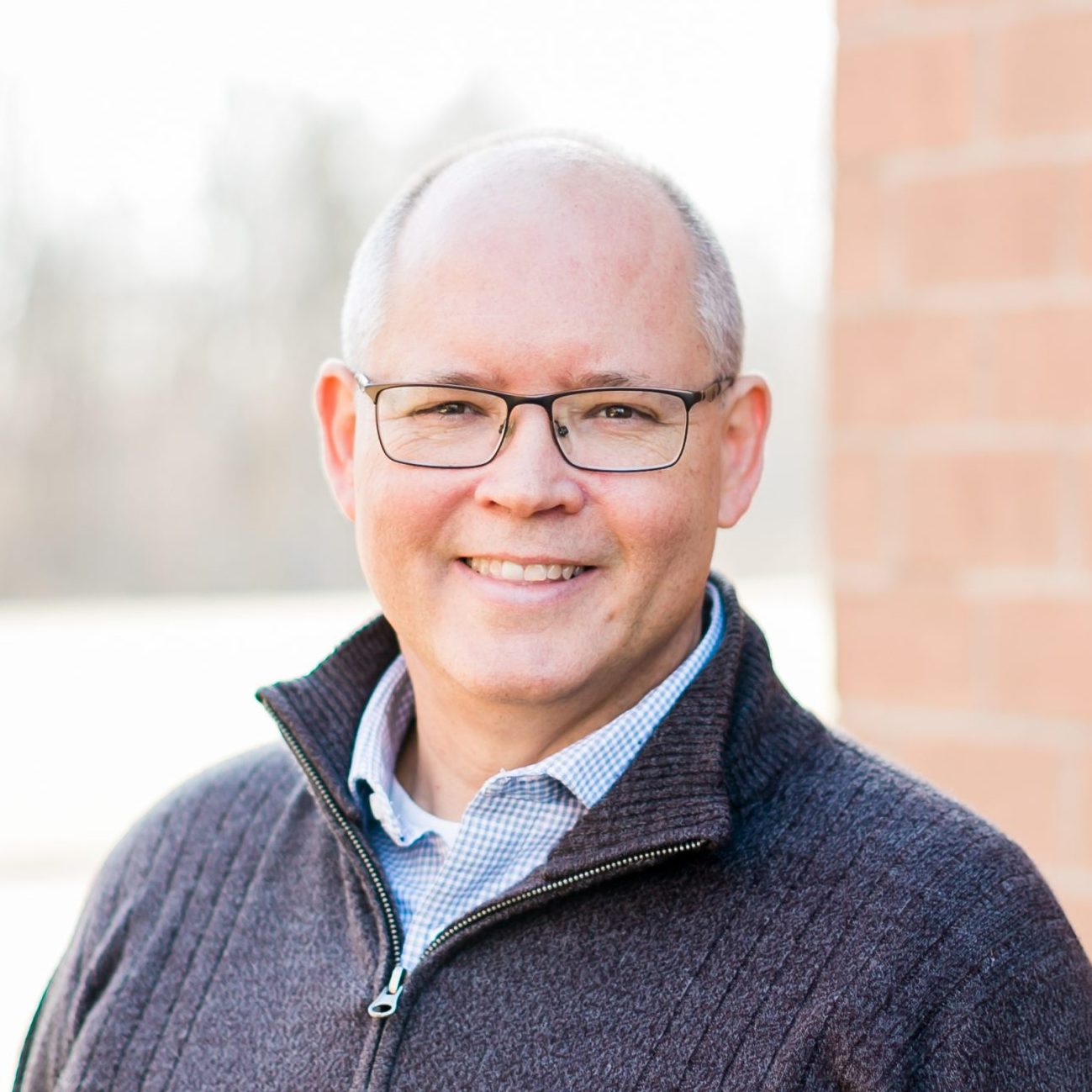Exponential is shifting much of our fall programming to focus on conversations about racial reconciliation. In prayerfully committing to this path, and with all the best intentions, I had NO IDEA how filled the path would be with potential landmines.
As I watch, listen, and seek to learn from leaders of all types, colors, and backgrounds, I feel a bit like a researcher studying the response of dental patients. In this case, patients who are having cavities filled and teeth extracted without the numbing effects of Novocain. You know, that feeling when the drill touches the nerve in just the wrong way and sends a bolt of pain from the top of your head to the tips of your toes.
Candidly, I’m tempted to pull a Jonah and run away from race conversations. Fortunately, I know the outcome of where running away leads. On any given day as we plan for these conversations, I find myself drifting between excitement, challenge, frustration, sadness, encouragement, anger, doubt, fear, and confusion.
I’ve been surprised by how the mere utterance of some words evokes such intense responses. Topics of race expose vulnerabilities and emotions that we normally keep protected, and it seems that Satan effectively uses the opportunity to sow the seeds of disunity.
Church leaders have long understood and put effort toward the Great Commission (Matthew 28) challenge to “Go” and the Great Commandment (Mark 12) to “Love.” But the missing piece that makes up the mission of Jesus is the third great, the Great Collaboration (John 17) – that we must GO and LOVE “Together.”
As we’ve carried out the first two parts of the Jesus’ mission, what if the comfort and safety of our largely homogeneous churches keeps us from doing the harder work of “together?” Leading from a posture of safety makes it difficult for the church to engage racial reconciliation and unity conversations in a way that influences our culture and helps people see the heart of Jesus.
And what if our effectiveness in reaching into culture and seeing healthy multiplication of disciples and churches is dependent on our willingness to pursue the unity Jesus called us to in John 17? But don’t underestimate the challenge: pursuing unity, while seeking to engage divisive topics, takes a special type of peacemaker.
When it comes to race, we must learn to have healthy conversations that are more about listening and understanding than they are about winning and convincing. We must listen with empathy to the struggles of others in a way that builds the trust needed to journey together. And, we must figure out how to do this within a context where simple words have the power to provoke complex emotions and to destroy our capacity for “together.”
So, how do we pursue the types of conversations that are needed in a culture where everyone sees themselves as an activist needing to win others to their opinion? Even worse, how do we do this in an environment where untethered social media is the weapon of choice for shouting the loudest and getting the last word, and where followers of Jesus are often modeling division to a world that is increasingly fed up?
I think it starts with each of us having rules of engagement that we seek to live out in our conversations about race. Exponential polled a number of national leaders to discover their thoughts on rules of engagement for handling difficult and controversial conversations.
We narrowed the list down to a Top 10:
- Your opinion is just that and probably won’t get you quite as much attention in eternity.
- Be slow to speak and quick to listen being ever mindful that your tongue has probably already done enough damage in this lifetime.
- Do not vilify others for their opposing views, but instead treat them with the honor and grace that Jesus has extended to you as an opinionated, narcissistic, and flawed thinker.
- Get the facts, verify your sources, and cite your references instead of relying on hearsay and opinions that do little more than stirring up gossip and conflict.
- Be specific, building on Biblical truth and the facts, and avoiding generalizations and platitudes that are telltale signs of fuzzy and slothful thinking.
- Focus on what you are for and not what you are against.
- Don’t exaggerate your narrow personal experiences into broad and sensational conclusions.
- Avoid un-winnable debates and idle chatter that seduce you into becoming the detestable person who stirs up conflict in the community.
- Don’t publicly say something negative about a person without first seeking to talk with them directly.
- Build healthy relationships with people of diverse opinions, and not simply followers of your personal ideology and opinions.
In making your own rules of engagement for race conversations:
- Which of these rules would you have included? Not included?
- Which of these rules do you find most convicting?
- Which is hardest for you?
- What is missing?
- If you could only pick 3 to embrace and commit to in the coming months, which would you focus on?
Maintaining the ability to have civil conversations on race with people of opposing views is critical, especially with the potential these conversations have for division. We are called to be the aroma of Christ to a lost and dying world. We are his ambassadors for reconciliation. Like the aroma of a home-baked meal that greets guests at the door as they arrive for dinner, our public words and conversations communicate to the world what type of ambassadors we are for Christ.
In our next episode of Candid Conversations, with special guest Miles McPherson, we will be discussing “Rules of Engagement for Civil Conversations.” Join co-hosts Grant Skeldon and Todd Wilson as they talk with Miles McPherson on Thursday, August 13 at 2pm ET.







